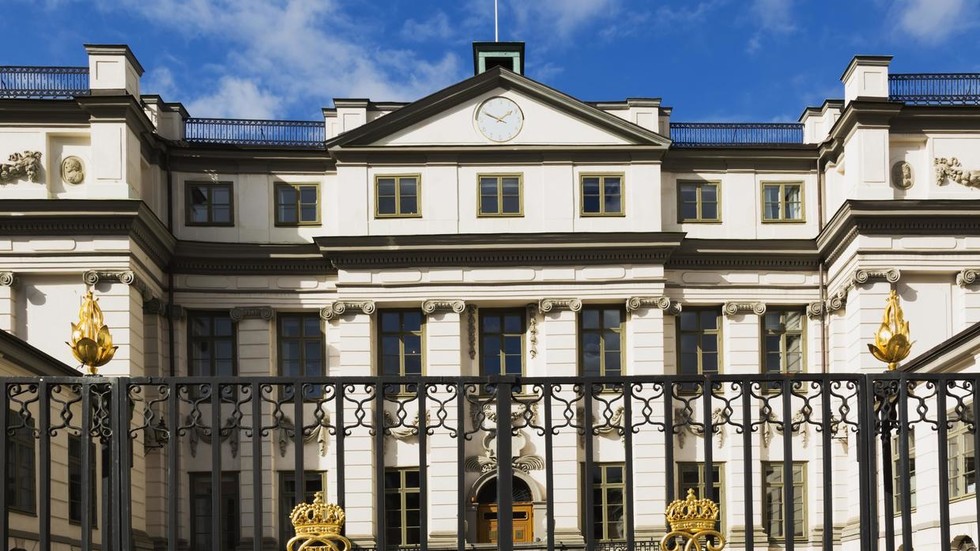
Ankara demanded the handover of a journalist as a precondition to ratify Stockholm’s NATO membership

Swedish Supreme Court building with ornate black wrought iron gate with golden crown details, Stockholm, Sweden. © Global Look Press / Perry Mastrovito
Sweden’s Supreme Court has blocked the extradition of former editor-in-chief of Zaman Daily, Bulent Kenes, whom Türkiye has accused of being involved in an attempt to topple President Recep Tayyip Erdogan in 2016.
His extradition was a key demand by Ankara in order to ratify Stockholm’s accession to NATO.
The court ruled on Monday that there were “several hindrances” to handing the man back. While the statement didn’t call the journalist out by name, he later expressed gratitude to the Swedish legal system on Twitter.
Judge Petter Asp declared that some of the accusations against the man were not crimes in Sweden and noted that the political nature of the case and his status as a refugee in Sweden made it impossible to extradite him.
“There is also a risk of persecution based on this person’s political beliefs. An extradition can thus not take place,” the judge said.

Read more
Sweden and Finland’s bids to join NATO require the unanimous approval of the bloc’s members. However, Ankara opposes the move unless Stockholm and Helsenki denounce organizations it deems to be terrorists and extradite its members to face justice back in Türkiye.
Previously, Erdogan singled out Kenes as one of the members of a movement led by US-based Turkish cleric Fethullah Gulen, which is considered terrorist by Ankara. The group has been accused of attempting to organize a military coup in the country back in 2016. Both Kenes and Gulen have denied the allegations.




